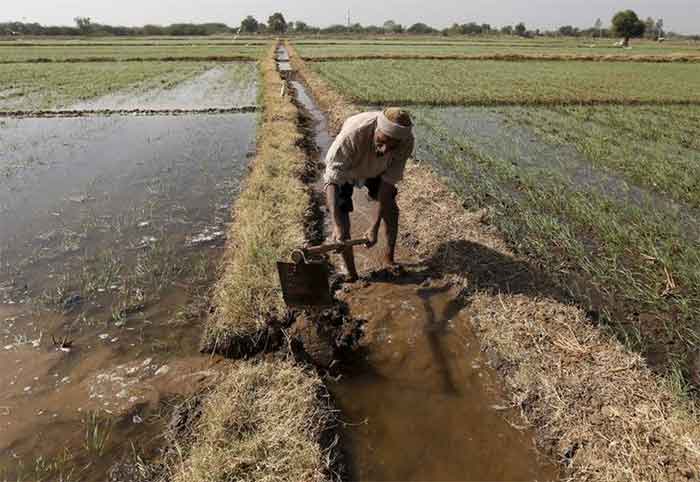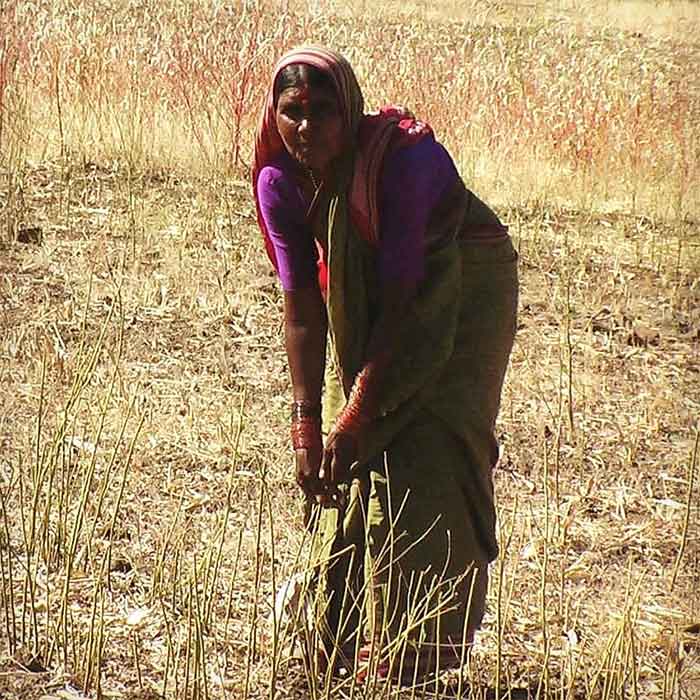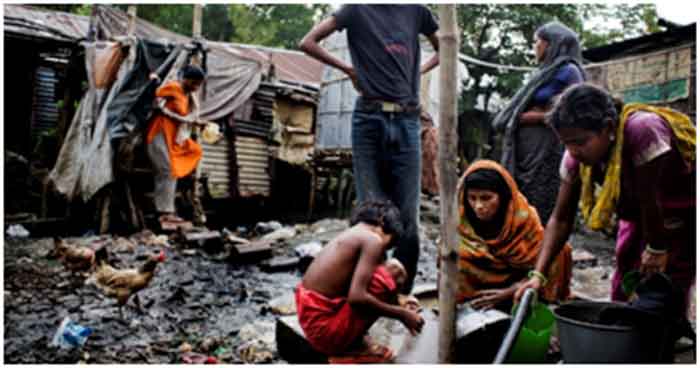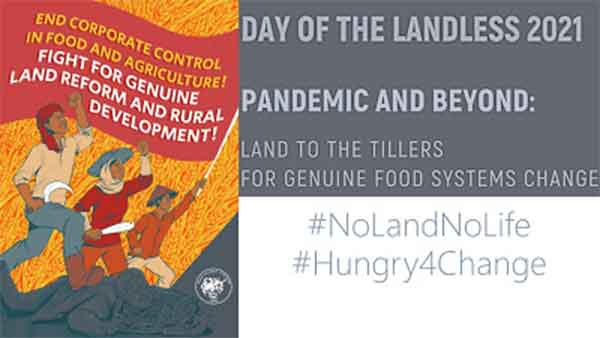
The agenda of the central and state governments relating to land resources is slowly getting away from the long promises of freedom struggle, while we are celebrating the Azadi Ka Amrut Mahotsav. The move of the governments to digitizing of land records, computerized database, mapping of land areas using drone technology, conclusive land titling and registering property index of easy doing business to make India an attractive location for foreign investors is not inclusive of the unfinished task of land reform; specially the provisions of allocating land to the land less people in rural India. Many of the steps of the government have been quite supportive to the land owning communities but what about people in this country living for generations without land to fulfill the basic housing and livelihood needs. For the last 45 years almost all state governments have been implementing land distribution programs but still unfinished. The government of Odisha has been implementing this since 1974-75 even for the last 22 years in a mission mode to protect the land rights of the poor by law and programme but still lakhs of land less household remain untouched. No one knows how long it will continue to achieve the target? Though it has been argued that land is central to food security and precondition for realization of basic amenities such as housing, toilet, water and electricity for a decent and dignified living. The most striking issues such as distress migration and malnutrition in Odisha are directly linked to access to productive assets such as land.
By denying land to a vast majority of poor people, are we not denying a dignified living and the basic human right to our fellow citizens?
The most unfortunate move of the government is appropriation of assigned land /Promised Land formerly promised to the land less for distribution has been handed over for other purposes by the active state facilitation through Land Bank. On the other side still millions of people land less people are asked to link their citizenship and residential proves based on land records.
On the Land governance side, though land is a state subject, there has been an increasing tendency by the center to downsize the state power by enacting many central acts relating to land. The NITI Aayog’s Land Title Act is a centralized move that persuades states to accept but the states must have their own state specific laws. Already the other resources such as forest, mineral and sea coast are under the control of the centre and with much legal, administrative and programmatic interference from the centre the role of state in land resources management has become minimal. This is against the federal character and against the promises of the freedom struggle.
In countries such as India Land resources are treated as wealth, social status and identity of an individual. Any modern society while moving ahead must have to democratize all its resources including Land. India is one of the most unequal societies in terms of access and ownership over land. The socio-economically oppressive caste system had denied ownership over resources to a vast section of people and forced them to live on physical Labour for a long time. Any structural change must address the land issues relating to poor people.
Experience shows the industrially developed countries of the world have done land reform as the first step towards dismantling feudal economy while shifting to industrialized society. Worldwide two most important things that moved the society is primary education and land reform which has brought huge change in basic quality of life of the people while qualitatively and quantitatively contributed in reducing social and economic inequalities.
Both pre and post independent India has witnessed mass struggle against casteist and feudal forces to access land for livelihood. Mostly the peasants, agricultural workers and sharecroppers were in the forefront of struggle as a result of which Land reform was identified as one of the major economic reform activities of the post independent India. But unfortunately in spite of Laws, the political organizations of the land lords, former kings, Zamindars, and Matha Mahanta have spoiled the implementation of ceiling laws, settlement and distribution of land with all their evil designs by using their political power and misusing the legal and administrative setup that supposed to enforce the law and programme. The private army of land lords along with regimented revenue administration and civil courts have been successfully halted and slow down the implementation of the land reform agenda in various ways. There were violent struggles against the landlords in Telangana, Naxalbari, Bodhgaya, Bengal, Jammu and Kashmir, Odisha and many other parts of India. All the land reform laws of states were brought into the 9th schedule of the constitution to save from repeated judicial impunity. The long time pending of court cases had helped the landlords to rearrange their ownership to avoid the ceiling laws. However whatever reform has taken place with all difficulties has not covered all social groups specially the socially excluded groups, and still a major section of land less rural poor have been struggling to access land for housing and livelihood. Studies shows that only few states such as Kerala, WB, Assam, and Jammu and Kashmir have created some kind of impact in distribution of ceiling surplus land but many backward states such as Odisha and Bihar with high caste based violence and ethnic conflict have not fully used the land reform laws supporting the land less communities to upgrade their socio-eco status.
While the country is aspiring to become world leader it must revisit and recall the dreams of our forefathers, freedom fighters and martyrs and the preamble of our constitution where we have promised social and economic justice to all but in order to realize social justice we must democratize the access and ownership over all forms of productive resources including Land resources .By ensuring land to the millions of landless rural poor we can build an egalitarian society.
Manas Jena, social activist, Bhubaneswar, Odisha. Email: [email protected]











































